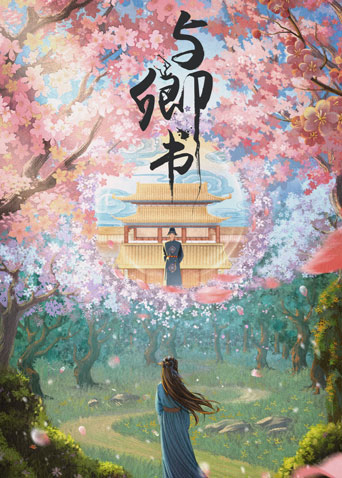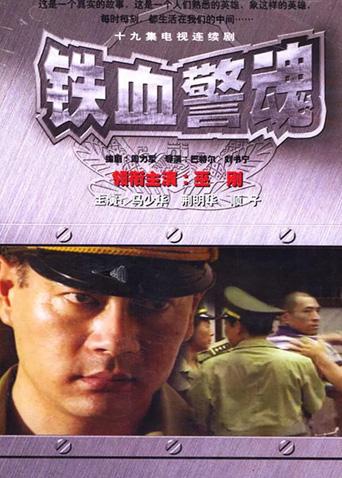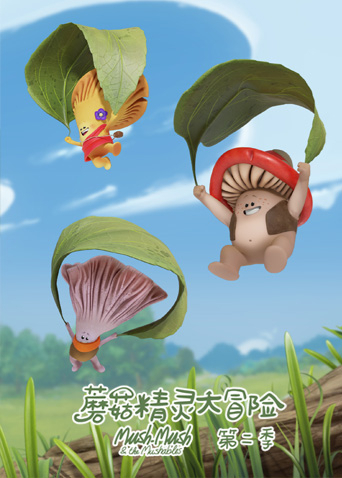 北原山猫
北原山猫
发表于1分钟前回复 :BillMillerisanunsuccessfulBroadwayperformeruntilhishandlersconvincehimtoenhancehisactwithastooge-TedRogers,aguypositionedintheaudiencetobethebuttofBill'sjokes.ButTedbeginstostealtheshow.Bill'sgirlfriendandhispalstellhimtomakeTedanequalpartner.Complicationsoccur,whileBillsingsandTedgetsthelaughs.
 金景浩
金景浩
发表于6分钟前回复 :◎1975奧斯卡最佳外語片◎1974紐約影評人協會最佳導演及最佳影片三月,空氣中紛飛飄揚著輕軟絮草,教堂的鐘響迴盪在石板路上,小鎮的春天就此揭開序幕。時序回到三零年代亞德里亞海邊的小城,墨索里尼的極右理想仍是信奉的教條,建築工人老爸、家庭主婦老媽、遊手好閒的舅舅、頑皮的小弟,男孩在天主教、法西斯和義大利傳統家庭價值中,迎接他的青春與成長。教室裡捉弄老師的惡作劇、教堂裡擔心手淫的懺悔、鄉村海邊的熱鬧婚宴,費里尼從容隨意地摘選擷取小鎮生活的切片與軼事,密密織就一片記憶之網,在時代洪流與個人思憶之間相互輝映。費里尼曾說:「一個人所能做的紀錄,永遠是,也只能是對他自己的紀錄」。《阿瑪珂德》不但被推崇為其個人寫實語法的代表作,也被視為他最重要的自傳作品之一。影片一方面帶領觀眾走進費里尼的童年生活,看見他純真誠摯、幽默風趣的情感源頭。在時代景況的描繪上,也跳脫了純粹客觀、歷史觀察式的審視與檢驗,從最根本的生活細節著手,真實地重現了二次大戰前後義大利境內法西斯的樣貌。有趣的是,在《阿瑪珂德》中,我們也可清楚地看到費里尼對女性形象的思索與著迷,聖母、烈女、蕩婦的三位一體,母親與妓女形成了互為表裡的對比,而費里尼作品中一再出現的、體態豐腴、巨大的女體,不但是哺育孩童的母性泉源,也是青年性啟蒙的開端。
 孔令奇
孔令奇
发表于6分钟前回复 :John Kent (Randolph Scott), a former star football player at Harvard, goes to Paris with his friend Huck Haines (Fred Astaire) and the latter's dance band, the Wabash Indianians. Alexander Voyda (Luis Alberni) has booked the band, but refuses to let them play when he finds the musicians are not the Indians he expected, but merely from Indiana (Huck Haines and his Indianians Band).John turns to the only person he knows in Paris for help, his Aunt Minnie (Helen Westley), who owns the fashionable "Roberta" gown shop. While there, he meets her chief assistant (and secretly the head designer), Stephanie (Irene Dunne). John is quickly smitten with her.Meanwhile, Huck unexpectedly stumbles upon someone he knows very well. "Countess Scharwenka", a temperamental customer at Roberta's, turns out to be his hometown sweetheart Lizzie Gatz (Ginger Rogers). She gets Huck's band an engagement at the nightclub where she is a featured entertainer.Two things trouble John. One is Ladislaw (Victor Varconi), the handsome Russian deposed prince and doorman who seems too interested in Stephanie. The other is the memory of Sophie (Claire Dodd), the snobbish, conceited girlfriend he left behind after a quarrel over his lack of sophistication and polish.When Aunt Minnie dies unexpectedly without leaving a will, John inherits the shop. Knowing nothing about women's fashion and that his aunt intended for Stephanie to inherit the business, he persuades Stephanie to remain as his partner. Correspondents flock to hear what a football player has to say about feminine fashions. Huck gives the answers, making a lot of weird statements about the innovations John is planning to introduce.Sophie arrives in Paris, attracted by John's good fortune. She enters the shop, looking for a dress, but is dissatisfied with everything Stephanie shows her. Huck persuades her to choose a gown that John had ordered discarded as too vulgar. When John sees her in it, they quarrel for the final time.John reproaches Stephanie for selling Sophie the gown. Terribly hurt, Stephanie quits the shop. With Roberta's putting on a fashion show in a week, Huck takes over the design work, with predictably bad results. When Stephanie sees his awful creations, she is persuaded to return to save Roberta's reputation.The show is a triumph, helped by the entertaining of Huck, Countess Scharwenka, and the band. (A pre-stardom Lucille Ball, with platinum blond hair, appears uncredited in her first RKO film[4] as a model wearing an elaborate feather cape, after the vocal by Dunne, in the fashion show.[5]) The closing sensation is a gown modeled by Stephanie herself. At the show, John overhears that she and Ladislaw are leaving Paris and mistakenly assumes that they have married. Later, he congratulates her for becoming a princess. When she informs him that Ladislaw is merely her cousin and that the title has been hers since birth, the lovers are reunited. Huck and Lizzie, who decide to get married, do a final tap dance sequel.


